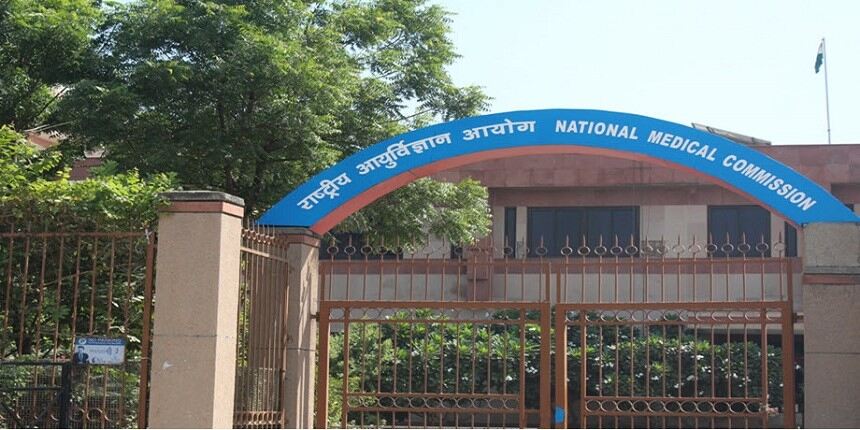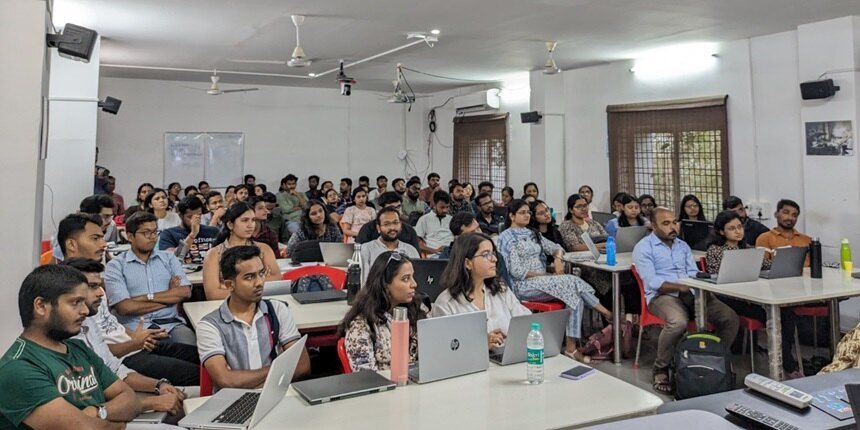FMGE a bane for medical graduates from abroad; only 20 percent qualify

R. Radhika | August 5, 2019 | 05:13 PM IST
NEW DELHI, August 5: Students who studied medicine abroad confronted a harsh reality as the National Board of Examination (NBE) declared the result of Foreign Medical Graduate Screening Test (FMGE) on July 31. This year, in the June session, as many as 13,364 candidates appeared out of which only 2,767 candidates have managed to clear the examination. A whopping, 9,006 candidates have been declared to have failed the FMGE bringing down the pass percentage to only 20.7%. The decline in the pass percentage of candidates appearing for FMGE has been a trending phase which indicated a dismal reality about the fate of medical graduates who have pursued medicine offshore.
New: FMGE June 2024 revised exam schedule pdf link
Don't Miss: FMGE sample papers
Suggested: FMGE preparation tips
Conducted biannually, FMGE is a mandatory exam to get enrolled in the National or State register for candidates who have completed their MBBS in a foreign institution.
Seeking affordable medical education
The cost of medical education in India is highly unaffordable for a majority of students who are increasingly opting to pursue medicine in colleges abroad. Studying medicine abroad is relatively cheaper as compared to private medical colleges in India. Media reports suggest that more than 6,000 candidates go to countries which are known as the medical education hub like China, Russia, Philipines to become doctors at an affordable price.
The average fee that a student pays for a government seat may be as less as 89,000/- (approx.) but considering the number of applicants and seat availability, the chances of getting admission are minuscule. There are around 75,000 MBBS seats in India for which around 15 lakh candidates applied this year. The annual expense in 2018 for an MBBS student in Weifang Medical University, China, amounted to Rs 3,72,000/- which is inclusive of the living expense. Whereas, the fee in a reputed private medical college in India starts from approximately 15 lakh a year.
Reasons for the abysmal result
In response to the RTI, Medical council of India revealed that there has been an increase in the number of eligibility certificates issued by the authority. It reflects the increasing trend in the number of candidates going abroad in search of quality education at affordable rates. However, the number of people qualifying FMGE has been significantly dropping.
There are several reasons which attribute to the declining rate of pass percentage in FMGE result every year. A lot of the candidates have complained about the difficulty level of the questions that are asked in FMGE. Students have complained over time that the questions that appear are of post-graduate level making it difficult to crack after studying MBBS.
Speaking to a national daily, Dr Ameer Jahan, chief patron of All India Foreign Medical Graduate Association, expounded “When the screening test was introduced in 2002, almost 50% of the graduates managed to clear it in the first attempt and others did it subsequently. But the pass percentage has dropped as the questions have become tougher"
Another reason is the difference of disease pattern in the foreign countries vis a vis India. Candidates who have studied MBBS from Russia are not taught about tropical diseases like vector-borne illness such as Malaria, dengue etc. The language also acts as a barrier as the pedagogy involves giving instructions in the respective country’s languages. All these factors bring down the calibre of medical students. Many candidates clear the exam in the subsequent attempts after attending coaching classes which acquaint them to the Indian medical education system.
Way ahead with NEXT
The National Medical Commission Bill, after coming into effect, will replace the FMGE with National Exit Test (NEXT). Medical graduates who have studied medicine in the country or in a foreign medical institution will have to appear for NEXT in order to obtain the medical license. The exam intends to judge all future doctors against the same yardstick ensuring that minimum standards of qualification are maintained. Introduction of NEXT may lead to an improvement of pass percentage as it will be testing the homegrown and foreign-educated medicos alike.
Follow us for the latest education news on colleges and universities, admission, courses, exams, research, education policies, study abroad and more..
To get in touch, write to us at news@careers360.com.




